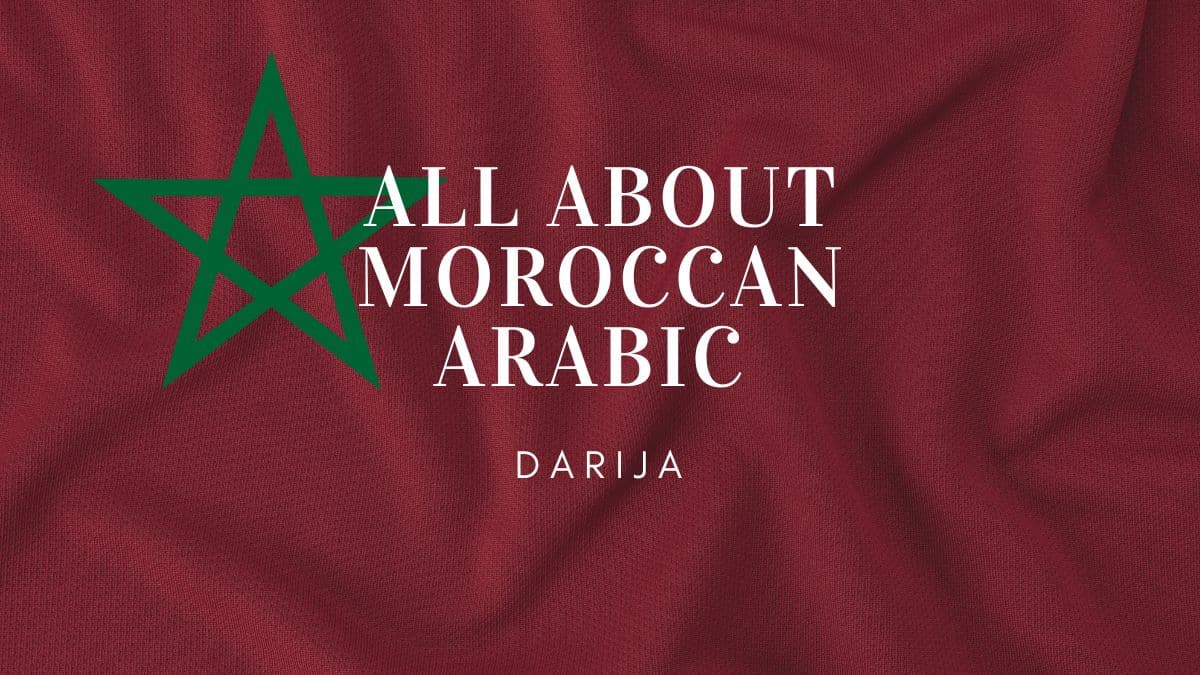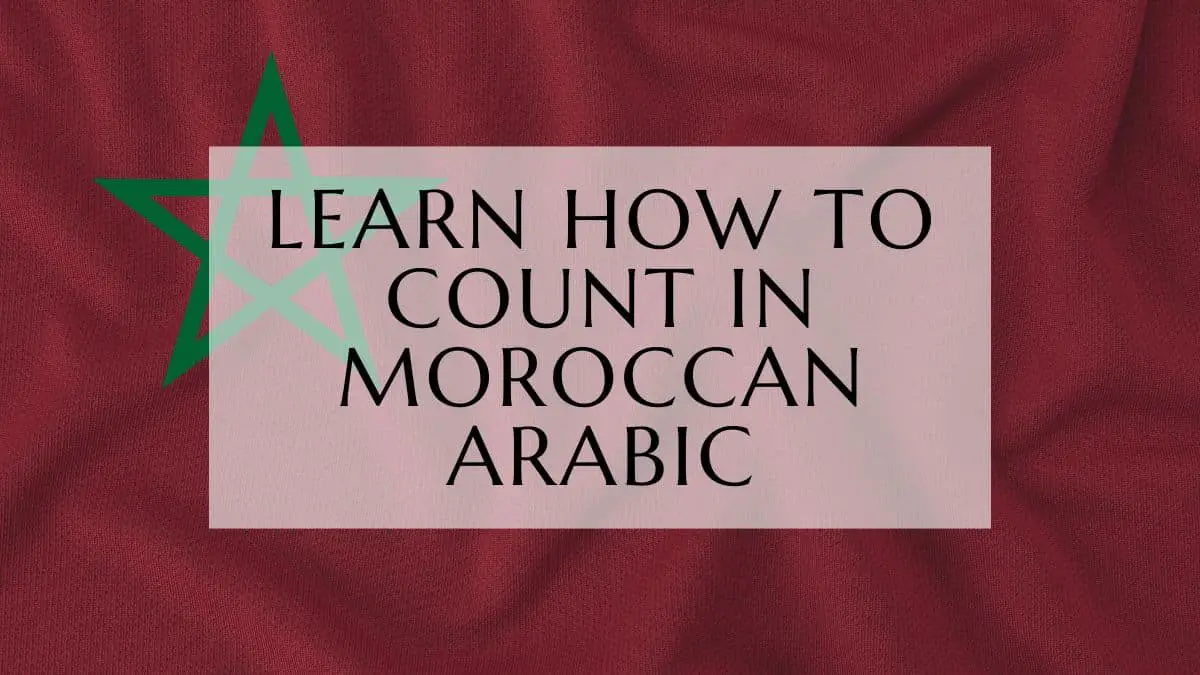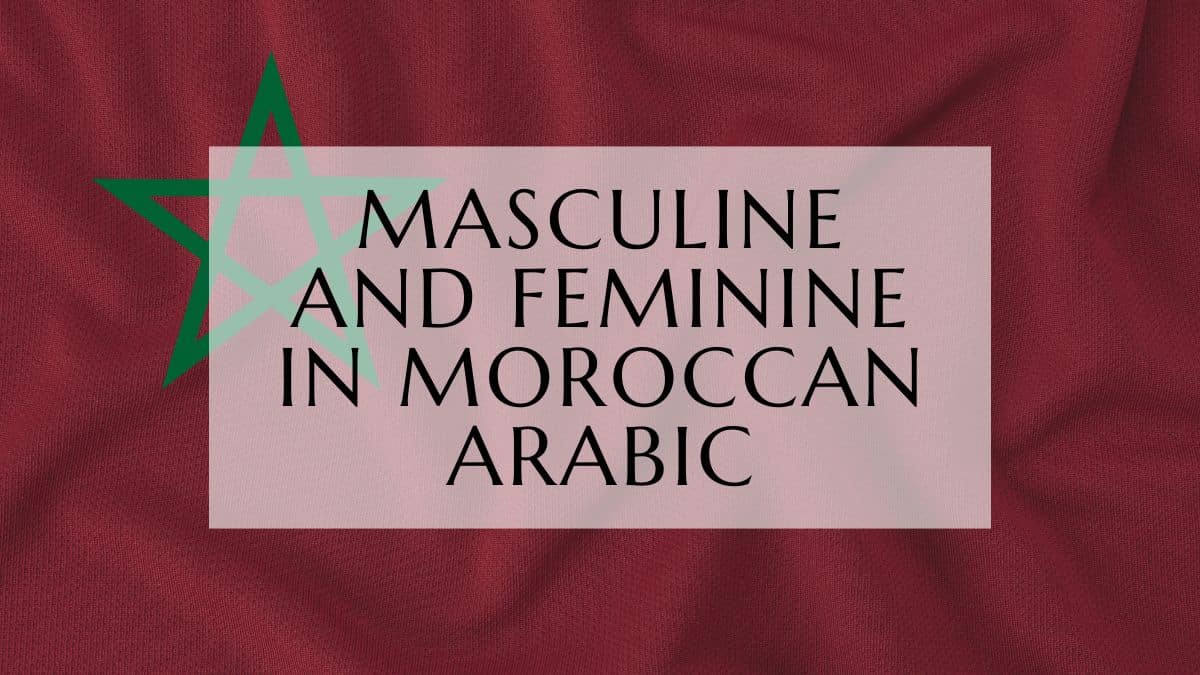Are you learning Moroccan Arabic or looking to enhance your conversation skills? Knowing how to say “yes” is essential. The word واه (wah / yes) is the most common way to express agreement in Moroccan Arabic, but there are many other ways to convey your agreement as well.
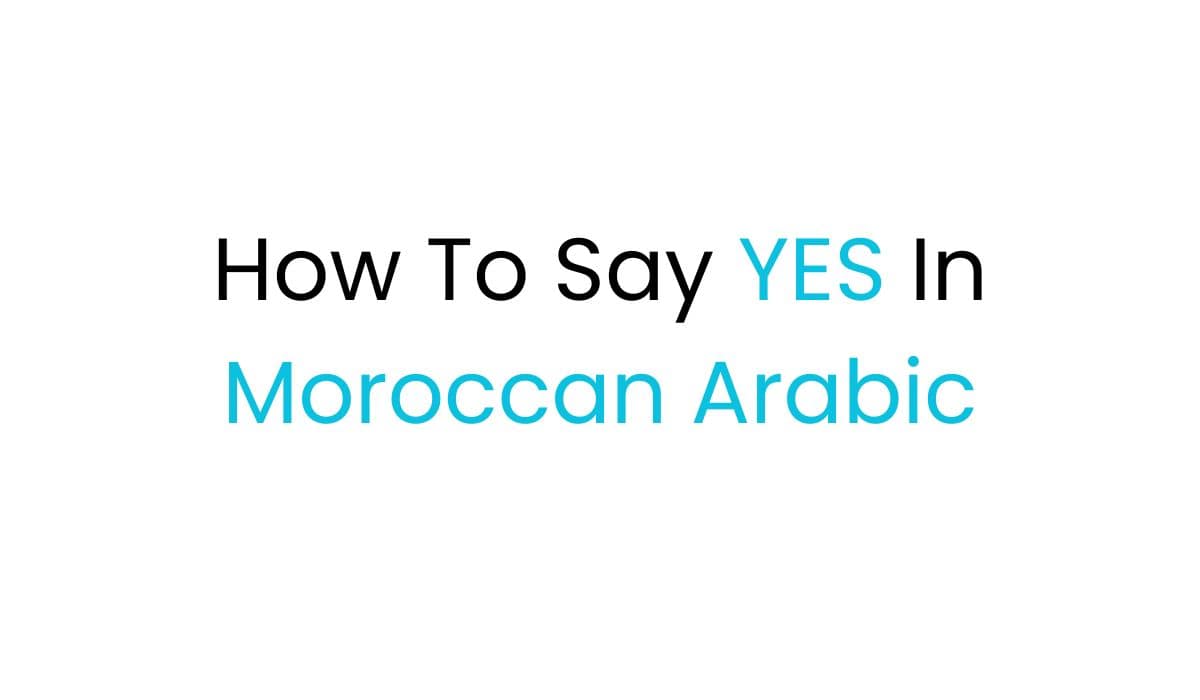
The Importance of Saying Yes in Moroccan Arabic
Saying “yes” in Moroccan Arabic is crucial for demonstrating agreement and politeness. It helps in daily conversations and when answering questions. Mastering how to say واه (wah / yes) improves your Moroccan Arabic and strengthens your connections with native speakers.
Expressing Agreement and Affirmation
To express agreement in Moroccan Arabic, you can use واه (wah / yes) or ايه (ayeh / yes). However, there are other ways to show your agreement, such as using واخا (wakha / okay), مزيان (mezyan / fine), or انا معك (ana m’aak / I agree with you). These phrases allow you to tailor your response to different situations.
Building Conversational Skills in Moroccan Arabic
Being skilled at saying “yes” in Moroccan Arabic enhances your conversational abilities. Using words like واه (wah / yes) shows that you are attentive and engaged in the conversation. It helps you appear more involved and respectful toward the language and the person you’re speaking with.
Adapting to Different Situations
Knowing various ways to say “yes,” such as نيشان (nichan / really) or بصح (bessah / right), allows you to adapt your language to the context. This makes conversations with Moroccan Arabic speakers smoother and helps you connect with them on a deeper level.
“Learning to say ‘yes’ in Moroccan Arabic is not just about mastering vocabulary; it’s about unlocking a gateway to more fluid conversation and deeper cultural understanding.”
The Most Common Way: واه (wah / yes)
The word واه (wah / yes) is the primary choice for saying “yes” in Moroccan Arabic. It is used similarly to the English word “yes,” and you will hear it frequently in various contexts, whether people are agreeing, giving approval, or simply responding affirmatively.
واه (wah / yes) in Conversation
Using واه (wah / yes) is key to both formal and informal conversations. It’s a simple yet powerful word that shows agreement, consent, and positivity in Moroccan Arabic.
واه (wah / yes) vs. اه (ah / yes): Understanding the Difference
In Moroccan Arabic, واه (wah / yes) and اه (ah / yes) might seem similar but are used differently. Understanding these differences is crucial for anyone learning Moroccan Arabic.
واه (wah / yes) Indicates Strong Agreement
واه (wah / yes) is primarily used to express strong agreement or affirmation. It is the go-to word for confirming something with certainty.
اه (ah / yes) for Casual Affirmation
اه (ah / yes) is often used in more casual settings to agree with something or to acknowledge what someone is saying, much like a casual “yeah” in English.
Understanding these distinctions helps Darija learners communicate more accurately and effectively.
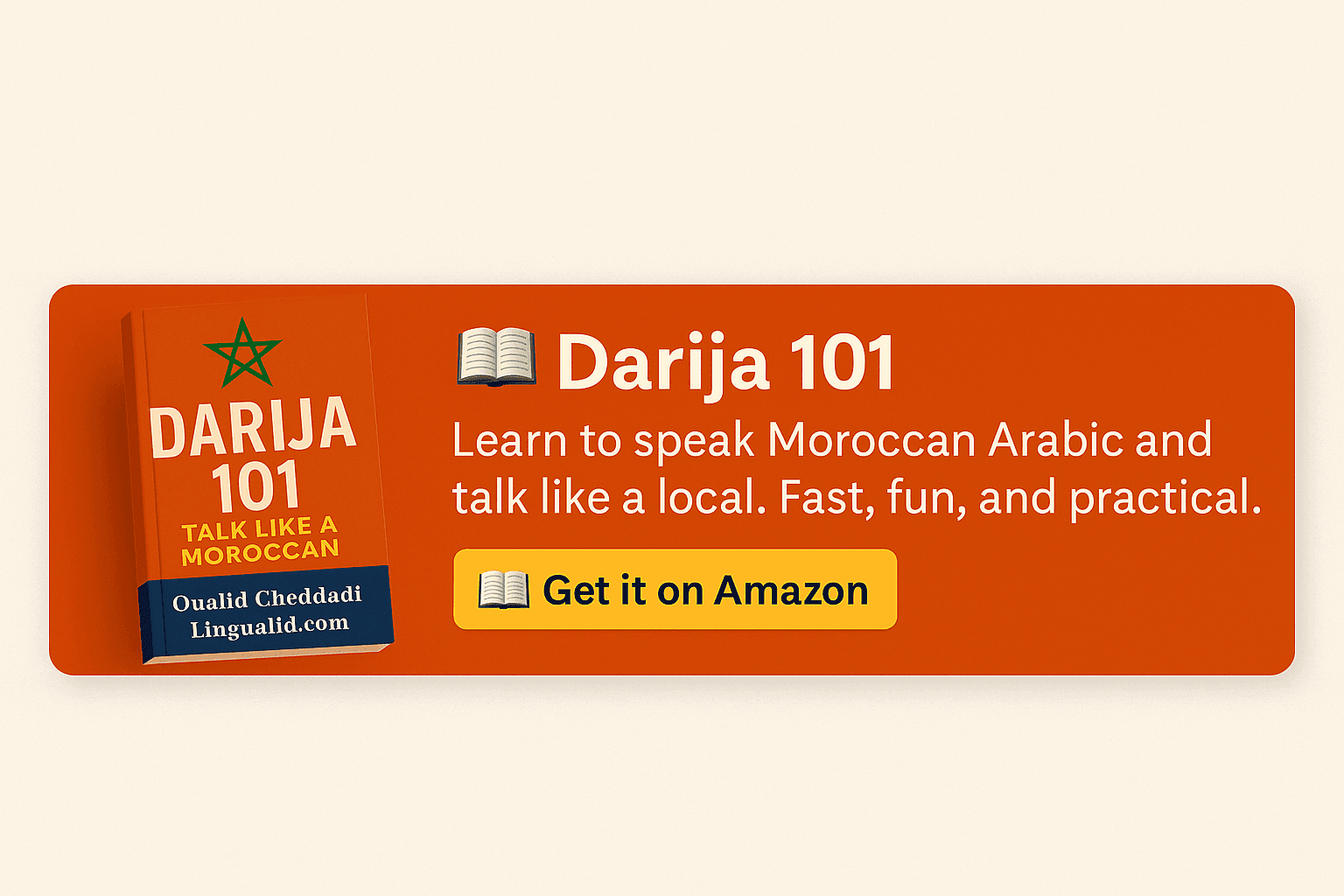
Other Ways to Say “Yes” in Darija
While واه (wah / yes) is the standard way to say “yes” in Moroccan Arabic, there are other expressions that can make your conversations more natural and engaging.
ايه (ayeh / yes) and واخا (wakha / okay)
ايه (ayeh / yes) is another common way to say “yes” in Darija, often used to affirm something strongly. واخا (wakha / okay) is versatile and can be used for agreement, consent, or simply acknowledging something, similar to “okay” in English.
| Word | Usage and Meaning |
|---|---|
| ايه (ayeh / yes) | Assertive “yes,” conveying strong agreement |
| واخا (wakha / okay) | Versatile interjection meaning “okay” or “sure” |
Using these variations can make your Darija conversations richer and more expressive.
Casual Expressions for Saying “Yes” in Darija
In Moroccan Arabic, several casual expressions can be used to say “yes,” making your interactions more relatable, especially in informal settings.
نيشان (nichan / really) and بصح (bessah / right)
نيشان (nichan / really) is used when you want to confirm something with certainty, much like saying “really” or “exactly.” بصح (bessah / right) is another informal way to affirm something, adding a layer of sincerity to your agreement.
Formal Expressions for Saying “Yes” in Darija
For professional or formal settings, it’s important to know polite and refined ways to express agreement in Darija.
انا معك (ana m’aak / I agree with you)
انا معك (ana m’aak / I agree with you) is a formal expression used to show full agreement with a statement or proposal. It’s often used in business meetings, formal discussions, and professional conversations, indicating readiness to cooperate or support an idea.
Using formal expressions like انا معك (ana m’aak / I agree with you) ensures that you communicate effectively and respectfully in various professional and academic contexts.
Oualid Cheddadi is the founder of Lingualid, a platform that inspires independent language learners worldwide, regardless of the language they are learning. The name “Lingualid” is derived from the Portuguese word for “language,” “língua,” and the last three letters of Oualid’s name, “Lid.”

